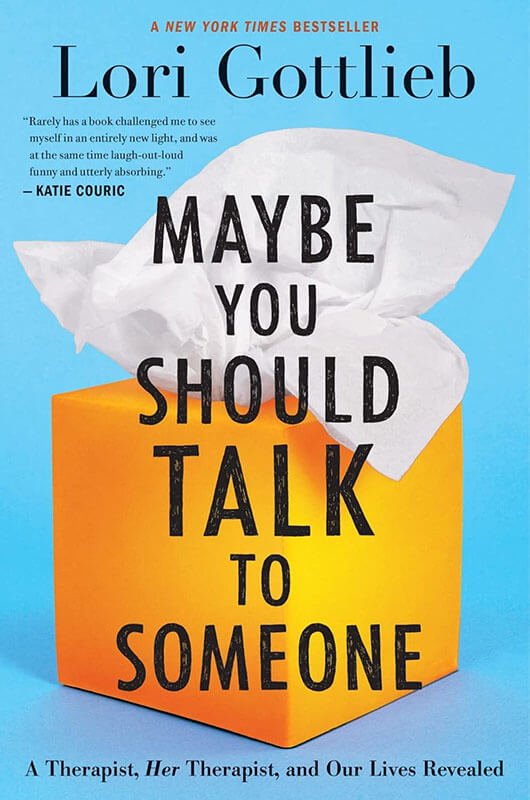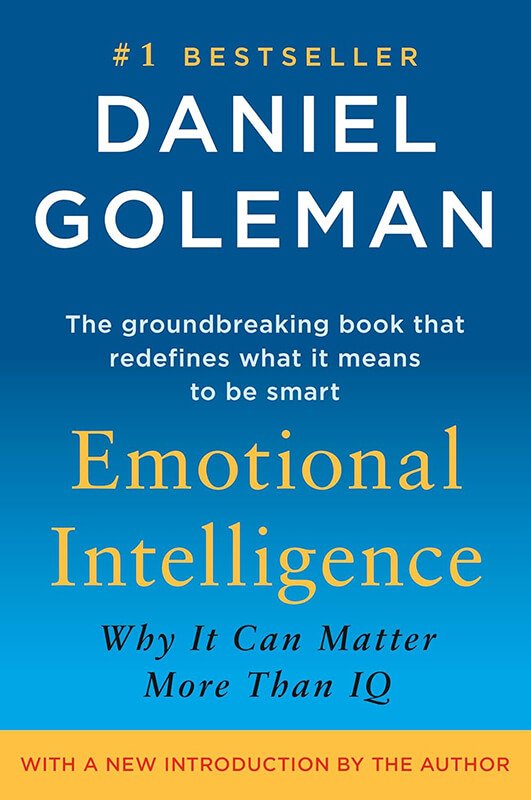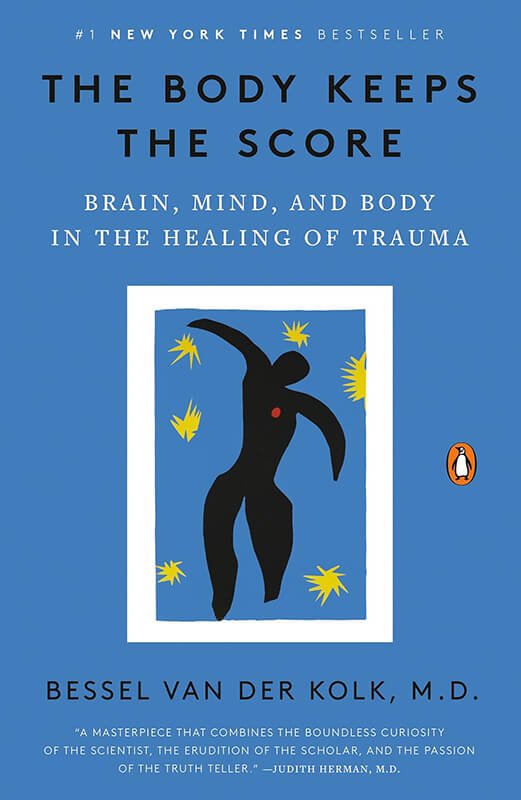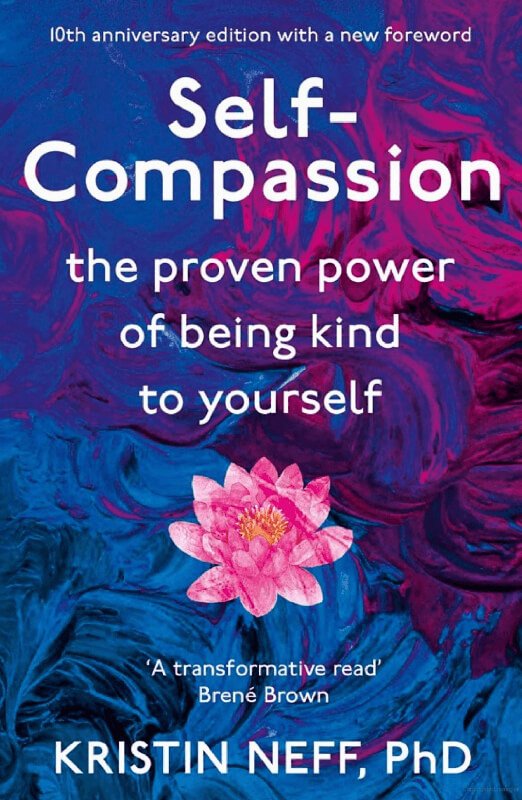In this captivating blend of memoir and psychological insight, psychotherapist Lori Gottlieb takes us behind the scenes of therapy sessions – both as a clinician and as a patient.
Published in 2019, this groundbreaking book “Maybe You Should Talk to Someone”, peels back the curtain on mental health treatment while telling a deeply human story about crisis, growth, and the power of connection. Through her experience of seeking therapy after an unexpected breakup, Gottlieb illustrates how we’re all struggling with similar questions about love, meaning, mortality, and hope.
Core Concepts
The book weaves together several fundamental ideas about therapy and human nature:
- The universal nature of emotional struggles and the healing power of vulnerability
- The parallel process of helping others while needing help ourselves
- The importance of facing our blind spots and defense mechanisms
- The role of narrative and story-telling in making sense of our lives
- The transformative power of the therapeutic relationship
Chapter-by-Chapter Review
Part One: The Beginning
In this opening section, Lori Gottlieb introduces readers to her dual perspective as both a therapist and a patient. Her life takes an unexpected turn when her long-term boyfriend ends their relationship, prompting her to seek therapy herself. This personal crisis challenges her professional identity and exposes the vulnerabilities she often helps her patients navigate. Through her sessions with Wendell, a seasoned therapist, Gottlieb explores themes of grief, identity, and the complexities of human connection. Her initial resistance to therapy mirrors the hesitations many individuals face when confronting their own emotional struggles.
Part Two: The Cast of Characters
Gottlieb introduces a diverse group of patients, each facing distinct struggles that reveal different aspects of the human experience: Julie, a young woman with terminal cancer, confronts mortality and the search for meaning; John, a Hollywood producer, struggles with anger and unresolved trauma; Rita, an elderly woman contemplating suicide, grapples with regret and isolation; and Charlotte, a twenty-something in toxic relationships, navigates self-sabotage and low self-worth. Together, their stories highlight the complexity of human suffering and the transformative potential of therapy.
Part Three: The Work
This section delves into the therapeutic process, highlighting the dynamics between Gottlieb and her patients. It showcases the challenges and breakthroughs that occur within the therapeutic relationship. Through various techniques and interventions, Gottlieb navigates the complexities of her patients’ issues, fostering an environment of trust and growth. The narrative emphasizes the collaborative nature of therapy, where both therapist and patient engage in a shared journey of discovery and healing.
Part Four: Breakthrough
The final section brings the various narratives to a poignant conclusion, illustrating the growth and insights achieved through the therapeutic process. Both Gottlieb and her patients experience moments of clarity and transformation, leading to a deeper understanding of themselves and their relationships. The culmination of their journeys underscores the resilience of the human spirit and the profound impact of empathy, connection, and self-reflection in the healing process.
Key Strengths
- Masterful storytelling that makes complex psychological concepts accessible and engaging
- Authentic portrayal of therapy from both sides of the couch
- Rich insights into human nature and the process of personal growth
- Powerful demonstration of the universality of emotional struggles
- Skillful balance of humor and profound wisdom
Potential Drawbacks
- Some readers might find the interweaving narratives initially challenging to follow
- The detailed personal stories, while engaging, might not appeal to those seeking more straightforward self-help advice
- Certain sections dealing with death and loss might be triggering for some readers
Who This Book Is For
This book is particularly valuable for:
- Anyone curious about what really happens in therapy
- Individuals considering therapy but feeling hesitant or skeptical
- Those in helping professions seeking perspective on their own work
- Anyone going through a major life transition or personal crisis
- Readers interested in understanding themselves and others more deeply
Final Review
“Maybe You Should Talk to Someone” is a masterful exploration of the human condition that manages to be both professionally insightful and deeply personal. The book succeeds brilliantly in destigmatizing therapy while offering profound insights into how we all struggle, grow, and heal.
Rating: 4.6/5
This compelling narrative illuminates the transformative power of therapy while reminding us that even helpers sometimes need help.

Alternative Books
For readers who enjoyed this book’s exploration of psychology and personal growth, consider these alternatives from our collection:

“Emotional Intelligence” by Daniel Goleman
A comprehensive exploration of emotional awareness and its impact on our lives and relationships
Rating: 4.5/5

“The Body Keeps the Score” by Bessel van der Kolk
A groundbreaking look at how trauma affects both mind and body, and paths to healing
Rating: 4.8/5

“Self-Compassion” by Kristin Neff
An insightful guide to developing a healthier relationship with yourself through self-compassion practices
Rating: 4.6/5





